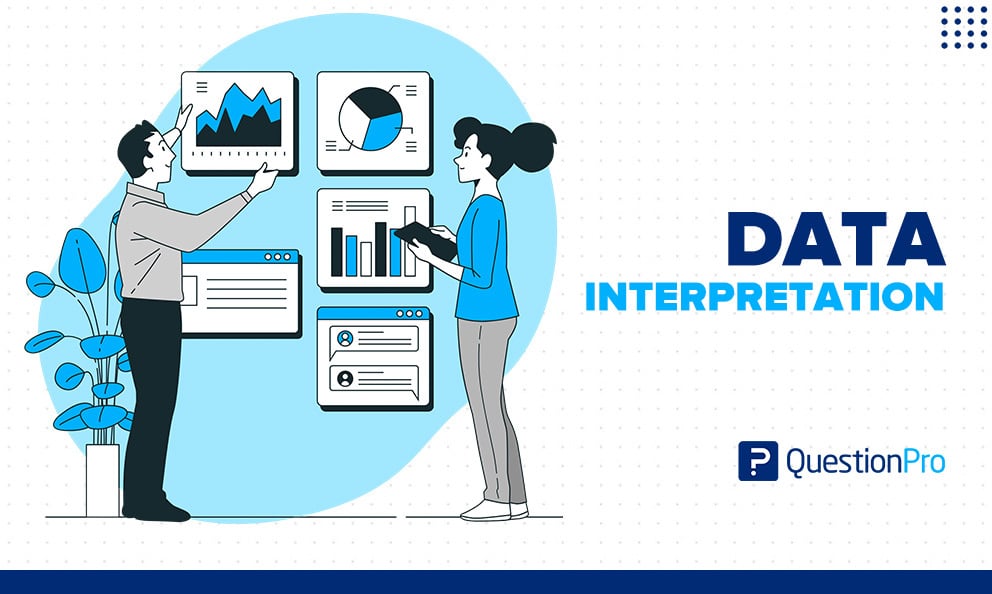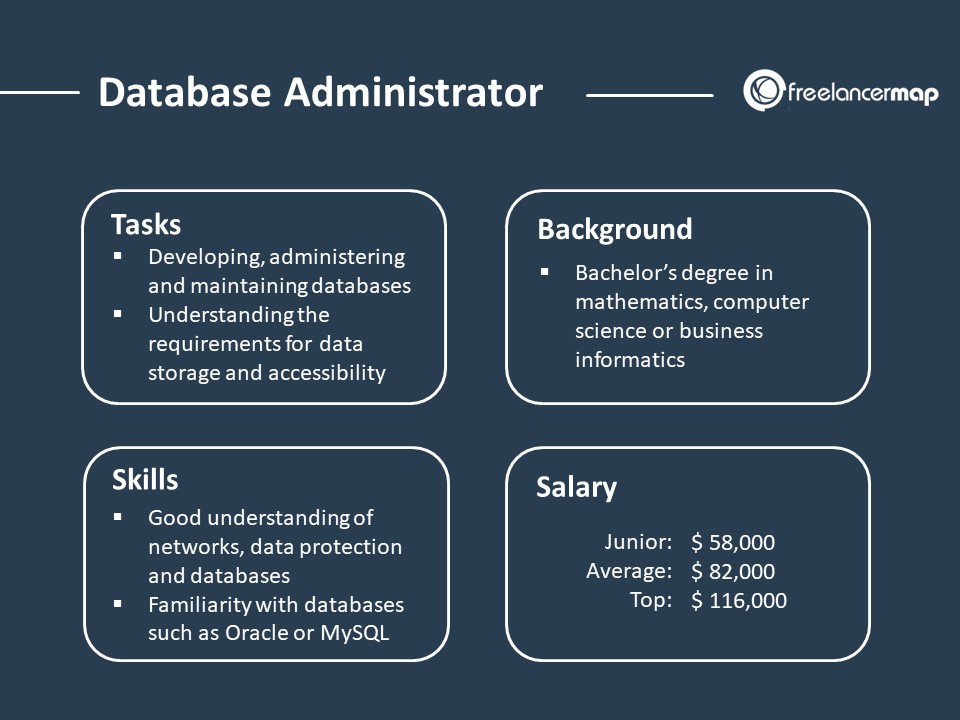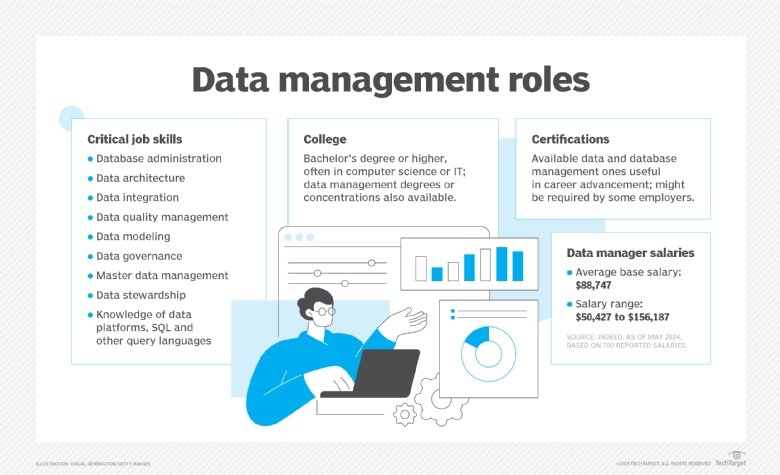Why Consider a Career Beyond Data Entry?
For individuals currently working in data entry roles, it’s common to feel a sense of stagnation and limited career growth. The repetitive nature of data entry tasks can lead to boredom and dissatisfaction, causing many to seek alternative career paths that offer more challenges and opportunities for advancement. If you’re considering a career beyond data entry, you’re not alone. Many professionals in this field are looking for jobs similar to data entry that leverage their existing skills and experience.
One of the primary reasons to explore careers beyond data entry is the desire for more engaging and dynamic work. Data entry roles often involve repetitive tasks, such as typing and data processing, which can become monotonous over time. In contrast, careers in data management and analysis offer a wider range of responsibilities and challenges, allowing professionals to develop new skills and expertise.
Another reason to consider a career beyond data entry is the potential for career advancement. While data entry roles are essential to many organizations, they often have limited opportunities for advancement. In contrast, careers in data management and analysis offer a clearer path for career progression, with opportunities to move into leadership roles or specialize in specific areas of expertise.
Finally, many professionals in data entry roles are looking for careers that offer more flexibility and work-life balance. With the rise of remote work and flexible scheduling, many careers in data management and analysis offer more flexibility and autonomy, allowing professionals to balance their work and personal responsibilities more effectively.
What Skills Do You Need to Succeed in Data Management Roles?
To succeed in data management roles, individuals need to possess a combination of technical, business, and soft skills. Attention to detail is crucial in data management, as small errors can have significant consequences. Data management professionals must also have strong analytical skills, including the ability to collect, organize, and analyze large datasets.
Proficiency in software applications is also essential for data management roles. This includes knowledge of database management systems, data visualization tools, and statistical software. Additionally, data management professionals must have strong communication and interpersonal skills, as they often work with stakeholders to understand data requirements and provide insights.
Other key skills required for data management roles include problem-solving, critical thinking, and time management. Data management professionals must be able to work independently and as part of a team, and be able to adapt to changing priorities and deadlines. For those looking for jobs similar to data entry, developing these skills can help them transition into more challenging and rewarding data management roles.
In terms of technical skills, data management professionals should have knowledge of programming languages such as SQL, Python, and R. They should also be familiar with data visualization tools such as Tableau, Power BI, and D3.js. Additionally, knowledge of cloud-based data management platforms such as Amazon Web Services (AWS) and Microsoft Azure can be beneficial.
How to Transition into a Data Management Career
Transitioning into a data management career can be a challenging but rewarding experience. For those looking for jobs similar to data entry, developing new skills and gaining relevant experience can help them make a successful transition. One of the first steps in transitioning into a data management career is to update your resume to highlight relevant skills and experience.
This can include taking courses or earning certifications in data management, data analysis, or related fields. Additionally, gaining experience with data management software and tools, such as database management systems and data visualization tools, can be beneficial. Networking with professionals in the field can also help individuals learn about job opportunities and gain insights into the industry.
Another key step in transitioning into a data management career is to acquire new skills. This can include learning programming languages such as SQL, Python, or R, as well as gaining experience with data visualization tools and statistical software. Online courses and training programs can provide individuals with the skills and knowledge they need to succeed in data management roles.
Finally, individuals transitioning into a data management career should be prepared to highlight their transferable skills, such as attention to detail, analytical skills, and problem-solving abilities. By emphasizing these skills and gaining relevant experience, individuals can increase their chances of success in data management roles.
In addition to updating your resume and acquiring new skills, it’s also important to consider the type of data management role you’re interested in. For example, if you’re interested in working in a business setting, you may want to consider earning a certification in business analytics or data science. If you’re interested in working in a technical setting, you may want to consider earning a certification in database administration or software development.
Jobs That Involve Data Analysis and Interpretation
Data analysis and interpretation are critical components of many jobs that involve data management. For individuals looking for jobs similar to data entry, careers in data analysis and interpretation can provide a challenging and rewarding alternative. One such career is that of a data analyst, who is responsible for collecting, analyzing, and interpreting data to help organizations make informed business decisions.
Another career that involves data analysis and interpretation is that of a business analyst. Business analysts use data analysis and interpretation to identify business needs and develop solutions to address those needs. They may work with stakeholders to gather requirements, analyze data, and develop recommendations for business improvement.
Market research analysts also play a critical role in data analysis and interpretation. They use data analysis and interpretation to understand market trends, consumer behavior, and competitor activity. This information is used to develop marketing strategies and campaigns that help organizations reach their target audience.
Other careers that involve data analysis and interpretation include operations research analyst, statistical analyst, and data scientist. These careers all require strong analytical and problem-solving skills, as well as the ability to communicate complex data insights to stakeholders.
In addition to these careers, there are many other jobs that involve data analysis and interpretation. For example, data analysts may work in a variety of industries, including finance, healthcare, and government. Business analysts may work in a variety of roles, including management consulting, IT, and finance. Market research analysts may work in a variety of industries, including consumer goods, pharmaceuticals, and technology.
Careers in Data Science and Machine Learning
Data science and machine learning are rapidly growing fields that involve the use of data to drive business decisions and improve operations. For individuals looking for jobs similar to data entry, careers in data science and machine learning can provide a challenging and rewarding alternative. One such career is that of a data scientist, who is responsible for collecting, analyzing, and interpreting complex data to gain insights and make recommendations.
Machine learning engineers are another type of professional who work in data science and machine learning. They design and develop artificial intelligence and machine learning systems that can analyze and interpret data, and make predictions or recommendations based on that data.
AI researchers are also involved in data science and machine learning, and are responsible for developing new algorithms and techniques for analyzing and interpreting data. They may work in academia, research institutions, or private industry, and are often at the forefront of new developments in the field.
Other careers in data science and machine learning include data engineer, data architect, and business intelligence developer. These careers all require strong technical skills, including proficiency in programming languages such as Python, R, and SQL, as well as experience with data analysis and machine learning tools and techniques.
In addition to these careers, there are many other jobs that involve data science and machine learning. For example, data scientists may work in a variety of industries, including finance, healthcare, and government. Machine learning engineers may work in industries such as technology, manufacturing, and transportation. AI researchers may work in academia, research institutions, or private industry, and may be involved in a wide range of projects and applications.
Administrative Roles That Involve Data Management
Administrative roles that involve data management are often overlooked as career options for individuals looking for jobs similar to data entry. However, these roles can provide a challenging and rewarding alternative for those who enjoy working with data and want to advance their careers. One such role is that of an executive assistant, who is responsible for managing the day-to-day operations of a senior executive or executive team.
Executive assistants often work with data to prepare reports, presentations, and other materials for their executives. They may also be responsible for managing databases, spreadsheets, and other data management systems. Office managers are another type of administrative professional who work with data to manage the day-to-day operations of an office or department.
Operations coordinators are also involved in data management, and are responsible for coordinating the logistics of a company’s operations. They may work with data to track inventory, manage supply chains, and optimize business processes. Other administrative roles that involve data management include administrative assistants, data coordinators, and records managers.
These roles all require strong organizational and communication skills, as well as the ability to work with data to drive business decisions. Individuals who enjoy working with data and want to advance their careers may find these roles to be a good fit. Additionally, these roles can provide a stepping stone to more senior roles in data management, such as data analyst or data scientist.
In addition to these roles, there are many other administrative positions that involve data management. For example, administrative assistants may work in a variety of industries, including healthcare, finance, and government. Office managers may work in industries such as technology, manufacturing, and transportation. Operations coordinators may work in industries such as logistics, supply chain management, and operations management.
Jobs in IT and Software Development That Involve Data Management
Jobs in IT and software development that involve data management are in high demand, and can provide a challenging and rewarding career path for individuals looking for jobs similar to data entry. One such job is that of a software developer, who is responsible for designing and developing software applications that involve data management.
Database administrators are another type of IT professional who work with data management. They are responsible for designing, implementing, and maintaining databases that store and manage data. IT project managers are also involved in data management, and are responsible for overseeing the development and implementation of IT projects that involve data management.
Other jobs in IT and software development that involve data management include data architect, data engineer, and business intelligence developer. These jobs all require strong technical skills, including proficiency in programming languages such as Java, Python, and SQL, as well as experience with data management tools and technologies.
In addition to these jobs, there are many other IT and software development roles that involve data management. For example, software developers may work on projects that involve data analytics, data visualization, and data mining. Database administrators may work on projects that involve data warehousing, data governance, and data security.
IT project managers may work on projects that involve data management, data integration, and data migration. Data architects may work on projects that involve data modeling, data design, and data architecture. Data engineers may work on projects that involve data processing, data storage, and data retrieval.
Freelance and Remote Data Management Opportunities
Freelance and remote data management opportunities are becoming increasingly popular, and can provide a flexible and rewarding career path for individuals looking for jobs similar to data entry. Freelance data entry involves working on a project-by-project basis, often remotely, to enter and manage data for clients.
Virtual assistants are another type of freelance professional who work with data management. They provide administrative support to clients, including data entry, email management, and scheduling. Online data management services are also available, and involve working with clients to manage and analyze their data.
Other freelance and remote data management opportunities include data analysis, data visualization, and data mining. These opportunities require strong technical skills, including proficiency in software applications such as Excel, SQL, and Tableau.
In addition to these opportunities, there are many other freelance and remote data management roles available. For example, freelance data analysts may work with clients to analyze and interpret their data, and provide recommendations for improvement. Virtual data managers may work with clients to manage and maintain their databases, and ensure data accuracy and security.
Online data management services may involve working with clients to develop and implement data management systems, and provide training and support to ensure successful implementation. Freelance data scientists may work with clients to develop and implement data-driven solutions, and provide expertise in data analysis and interpretation.






